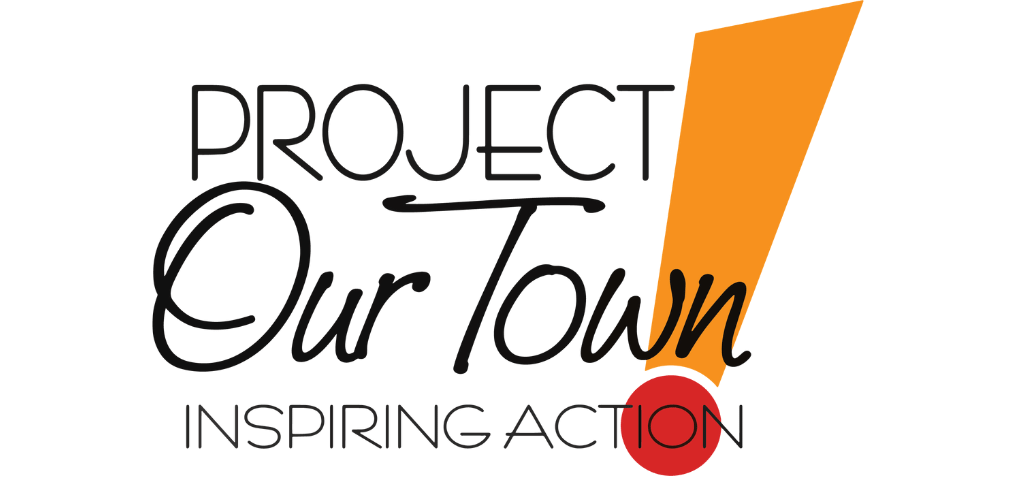Financial Education Tools

Here at Colorado Credit Union, we value financial education and awareness. We have provided useful financial tools to utilize which includes different financial calculators, coaches and other articles and activities.
We hope you find these tools helpful. Check out the full library of Banzai Financial Tools and resources, completely FREE to our members.
Quick Financial Tips:
Budget Starting Points:
Your budget is your blueprint for keeping cash flow positive, and for sticking to your saving goals. Even if you and your partner will be paying for expenses separately, it's essential to have one overall household budget.
Remember a budget is there to help you, and it's not written in stone. Create a spreadsheet, or use an app, to list all your anticipated monthly expenses. It can be helpful to divide them by how frequently they occur.
Fixed v. Variable Expenses:
For the fixed expenses, such as rent or phone, it's easy to fill in the exact amount you know you'll have to spend. On the other hand, with the variable expenses, like groceries, there is no single exact amount. But based on what you know you spend, you should be able to estimate a fairly accurate number for most weeks.
The next step is to compare your income to your expenses. In order to achieve (and maintain) a positive cash flow, you may have to adjust some of the variable expenses—which probably means cutting back or cutting some of them out altogether.
You should revisit your budget on a regular basis. Remember, it's there to help you both, and it's not written in stone. Adjusting it if your overall household income changes is important. Check out this budget coach to walk you through the budgeting experience.
Budgeting:
A part of budgeting, is saving. A simple, practical rule of thumb for individuals who want a budget that is easy to implement is utilizing the 50/30/20 rule. Play with the 50/30/20 calculator to see how much you can save.
Need more financial tools? Check out more calculators on many different financial topics.
50/30/20 Rule:
Now that you've mastered how to budget and save with the 50/30/20 rule, how much can you save in a year? Check out the savings calculator below to see how much you can save over a certain period of time while earning interest.
Savings: How much can you save?
Need more financial tools? Check out more calculators on many different financial topics.
If you have enjoyed these useful financial resources, check out our library of Banzai Financial Tools and resources, completely FREE to our members.
Disclaimer: While we hope you find this content useful, it is only intended to serve as a starting point. Your next step is to speak with a qualified, licensed professional who can provide advice tailored to your individual circumstances. Nothing in this article, nor in any associated resources, should be construed as financial or legal advice. Furthermore, while we have made good faith efforts to ensure that the information presented was correct as of the date the content was prepared, we are unable to guarantee that it remains accurate today.
Neither Banzai nor its sponsoring partners make any warranties or representations as to the accuracy, applicability, completeness, or suitability for any particular purpose of the information contained herein. Banzai and its sponsoring partners expressly disclaim any liability arising from the use or misuse of these materials and, by visiting this site, you agree to release Banzai and its sponsoring partners from any such liability. Do not rely upon the information provided in this content when making decisions regarding financial or legal matters without first consulting with a qualified, licensed professional.
Neither Banzai nor its sponsoring partners make any warranties or representations as to the accuracy, applicability, completeness, or suitability for any particular purpose of the information contained herein. Banzai and its sponsoring partners expressly disclaim any liability arising from the use or misuse of these materials and, by visiting this site, you agree to release Banzai and its sponsoring partners from any such liability. Do not rely upon the information provided in this content when making decisions regarding financial or legal matters without first consulting with a qualified, licensed professional.
